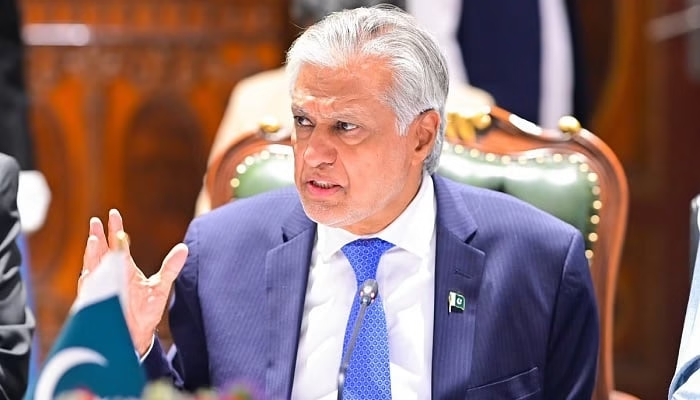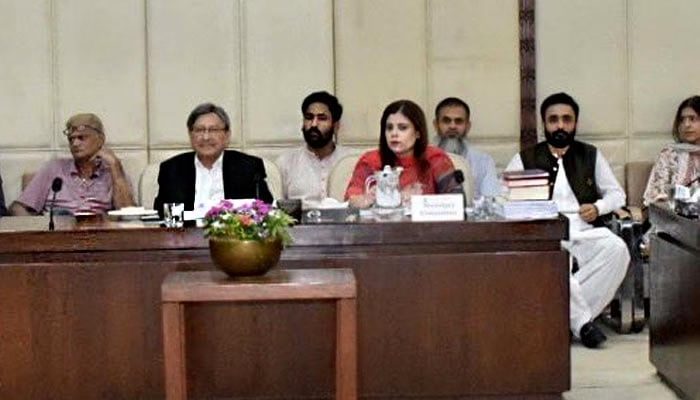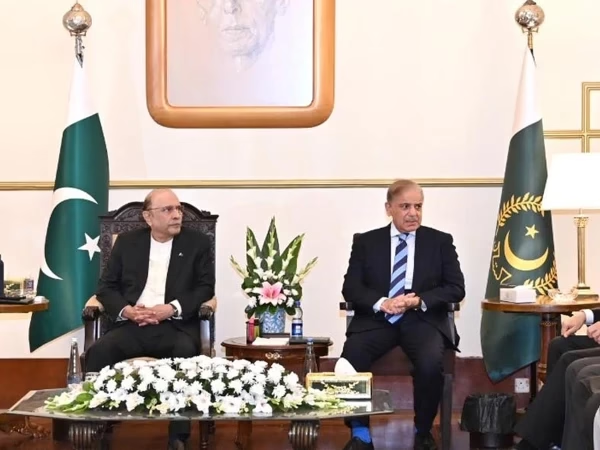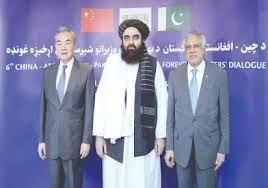The latest Ishaq Dar statement at the EU Indo-Pacific Ministerial Forum has raised critical concerns for regional peace and stability, particularly following India’s decision to place the Indus Waters Treaty (IWT) in abeyance. The Deputy Prime Minister and Foreign Minister Ishaq Dar warned that India’s move poses a real threat to regional stability and must be reversed immediately. His remarks highlighted the increasing geopolitical tensions in South Asia, the fragility of multilateral structures, and the urgent need for responsible diplomacy.
India’s Pause on the Indus Waters Treaty Sparks Alarm
During his address, the Ishaq Dar statement emphasized that water must remain a tool for cooperation, not a political weapon. The IWT, signed in 1960, has long been considered a model for conflict resolution between Pakistan and India—even during times of war. India’s decision to suspend its engagement under the treaty breaks a decades-old framework designed to manage shared water resources peacefully.
Dar insisted the pause destabilizes an already fragile region and could ignite broader tensions. He called on India to immediately reverse the decision, stating that sustainable peace cannot be achieved when existing agreements are disregarded.
South Asia Facing New Wave of Aggression
According to the Ishaq Dar statement, South Asia is witnessing deliberate acts of aggression risking peace and security.Dar pointed to a dangerous pattern of inflammatory rhetoric, accusations, and unilateral actions by certain regional actors, warning that this behavior fuels instability. He appreciated the EU High Representative and other international partners who played a constructive role in reducing recent escalations.
Dar noted that while Pakistan remained committed to peaceful dialogue, security cannot be guaranteed when agreements are ignored and political rhetoric is weaponized.
Peace Impossible Without IIOJK Resolution
A central theme of the Ishaq Dar statement was the unresolved status of Indian Illegally Occupied Jammu and Kashmir (IIOJK). Dar reaffirmed that long-term peace in South Asia depends on resolving the Kashmir dispute in accordance with UN Security Council resolutions and the will of the Kashmiri people. Without addressing this core conflict, no durable peace framework can succeed.
He stated that ignoring the humanitarian and political crisis in IIOJK only emboldens aggression, undermines global norms, and destabilizes the region further.
Pakistan’s Position on Afghanistan
Turning to Afghanistan, Dar reiterated that the country remains vital for Pakistan’s security and regional stability. The Ishaq Dar statement supported a peaceful, stable, and connected Afghanistan, emphasizing the need for the Afghan Taliban to uphold their commitments especially regarding counterterrorism. Pakistan urged the interim Afghan government to prevent terrorist groups from using Afghan soil to threaten regional or global security.
Global Challenges and the Decline of Multilateralism
Dar opened his speech by describing a world beset by conflict, great-power rivalries, inflation, cyber threats, and the disruptive impact of emerging technologies. The Ishaq Dar statement declared that multilateralism is under siege and the international system remains fragmented. With major global crises escalating, he emphasized the need for collective action rather than division.
Dar cautioned that the Indo-Pacific region should not become another arena for great-power contests. He said regional frameworks must reflect historical and cultural realities rather than being driven by rivalry, and emphasized that cooperation must be inclusive to maintain stability.
Pakistan’s UN Security Council Leadership
During Pakistan’s presidency of the UN Security Council in July, Dar highlighted the passage of Resolution 2788 (2025), which reinforces peaceful dispute resolution mechanisms. The Ishaq Dar statement explained that Pakistan’s broader security outlook is rooted in dialogue, minimizing divergences, and maximizing opportunities for cooperation.
Dar reiterated that Pakistan sees dialogue-driven engagement as the only sustainable path forward, both in South Asia and beyond.
Strong Support for Palestine
On the Middle East, Dar condemned the ongoing violence in Gaza and reaffirmed Pakistan’s support for a permanent ceasefire. He welcomed the recent Peace Agreement signed in Sharm El-Sheikh and supported the latest UN Security Council resolution demanding the withdrawal of Israeli forces, unrestricted humanitarian access, and reconstruction efforts.
The Ishaq Dar statement underscored Pakistan’s commitment to a two-state solution based on pre-1967 borders, with Al-Quds Al-Sharif as the capital of Palestine.
Position on the Ukraine Conflict
Dar also addressed the Ukraine war, noting its widespread consequences for global food and energy markets. He explained that Pakistan’s stance is grounded in the principles of the UN Charter and that Islamabad hopes for a peaceful resolution through dialogue rather than force.
Pakistan’s Vision for Regional Connectivity
The Ishaq Dar statement praised the European Union’s cooperative model as an example of how inclusivity can promote prosperity. Dar envisioned Pakistan as a regional hub connecting Asia and Europe. He said synergies between the China-Pakistan Economic Corridor (CPEC) and the EU’s Global Gateway initiative could establish green, digital, and transport corridors that support a more connected and resilient future.



